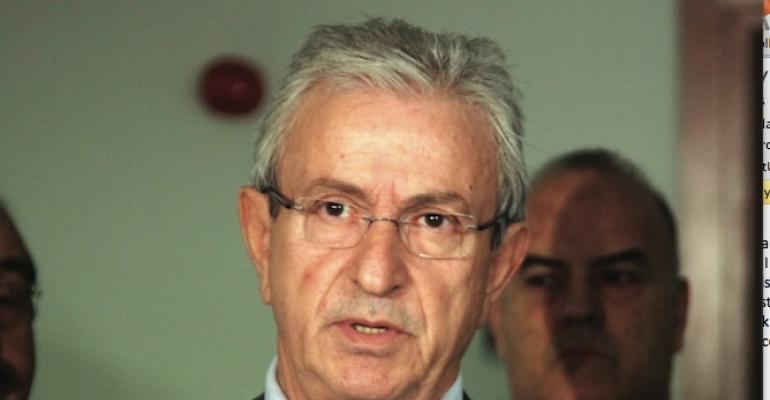UGS, president, Theodore Veniamis said: “Although a disproportionate responsibility is still placed upon shipowners / operators, we at least now have some useful tools in hand which will hopefully help towards achieving a smoother implementation process.”
In a statement, the UGS noted the May 13 – 17 MEPC 74 meeting made progress "towards a robust data collection system and feedback mechanism on fuel oil quality and availability, adopted the revised template on the Fuel Oil Non-Availability Report (FONAR) in the 2019 Guidelines for consistent implementation of the 0.5% sulphur cap on marine fuels in the light of operational and safety considerations and gave due consideration to a pragmatic approach by port and flag states of vessels’ non-compliance due to reasons beyond their control".
Read more: ICS pushing MEPC meeting to adopt FONARs for 2020 sulphur cap
MEPC 74 also embraced the proposal for inclusion of a new output in the committee’s work programme on evaluation and harmonisation of rules and guidance on the discharges of exhaust gas cleaning systems (EGCSs) into waters and potentially the assessment of the overall “equivalency” of these systems.
Veniamis said: “We are also pleased to note that, regarding the Green House Gas emissions reduction roadmap, it is now recognised the modus operandi of bulk / tramp shipping requires the adoption of prescriptive short-term measures in order to substantially involve vessels’ charterers. The proposal submitted by Greece and fully supported by the UGS is now part of the IMO’s list of short-term measures due for further consideration.”
The UGS notes Greek shipowners, were among the first to highlight the challenges of the 2020 global sulphur cap and the essential features of bulk / tramp shipping, will continue to contribute with their hands-on experience and know-how to the environmental discussions and to the important work that is still ongoing at the UN IMO and the upcoming critical Maritime Safety Committee meeting.
“The UN IMO should be especially commended for giving precedence to safety and environmental protection over formal compliance and commercial considerations on these crucial issues for shipping, world trade and a sustainable environment, ensuring that any uncertainties and deficiencies of the new regime will not be turned into excuses for distortion of competition,” said Veniamis.
Veniamis made no direct reference to controlling ship speed, though Greece and the UGS have been championing ‘slower speeds’ to curb emissions.
Copyright © 2024. All rights reserved. Seatrade, a trading name of Informa Markets (UK) Limited. Add Seatrade Maritime News to your Google News feed.


